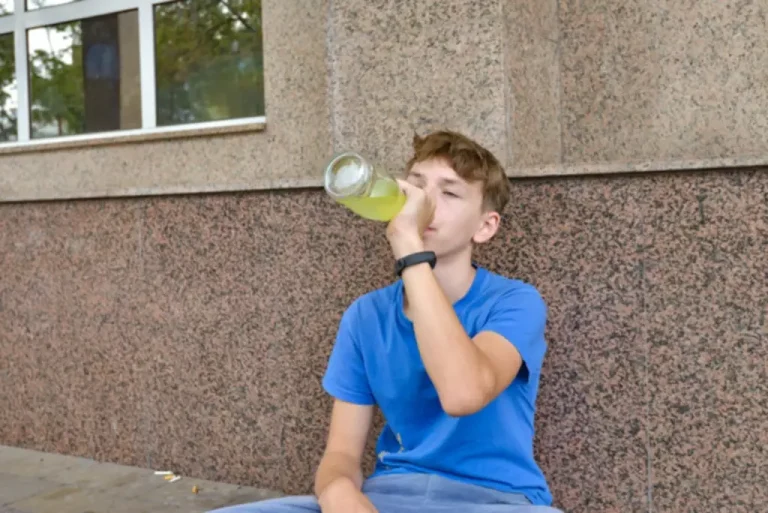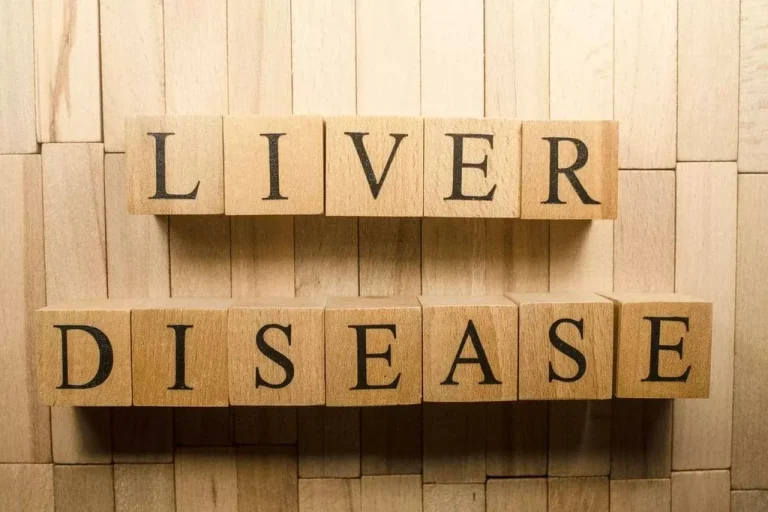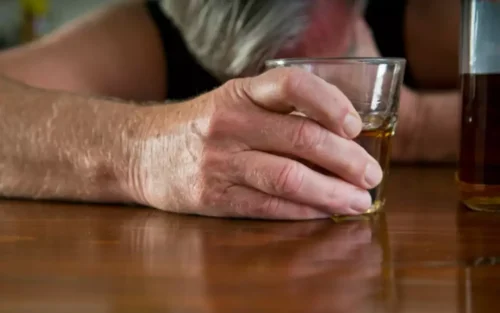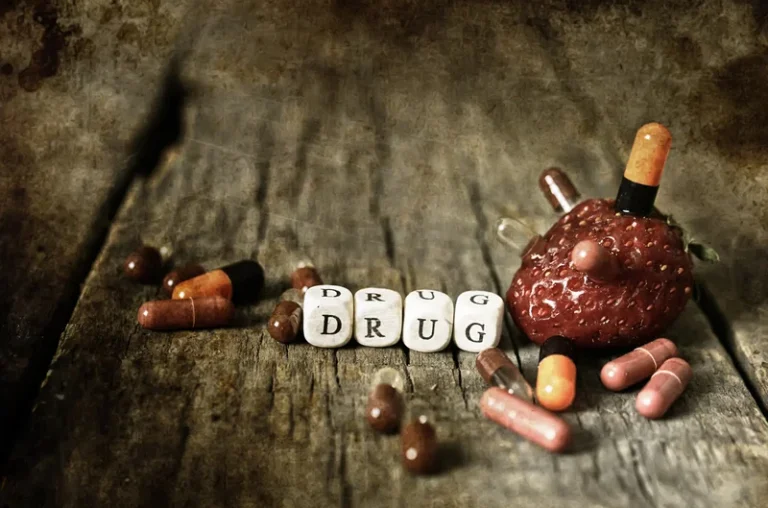Relapse Prevention Plan: Techniques to Help You Stay on Track

This can be done by setting up and following a structured sleep, exercise, and eating schedule. By doing this, one can retrain the body to sleep better and will also help reduce the risk of relapse. A setback can be any behavior that moves an individual closer to physical relapse. Some examples of setbacks are not setting healthy boundaries, not asking for help, not avoiding high-risk situations, and not practicing self-care. A setback does not have to end in relapse to be worthy of discussion in therapy. They occur when the person has a window in which they feel they will not get caught.

Encouraging Peer-Led Activities

According to the National Institute on Drug Abuse (NIDA), the relapse rates for addiction are estimated to be between 40 to 60 percent, which highlights the formidable challenge of maintaining sobriety. When we begin to think the old behavior will reduce the cravings, a lapse in maintaining the new behavior is likely to occur. We smoke a cigarette, avoid support group meeting, or miss our regular exercise appointment.

Addiction Recovery Goals: Practical Examples for a Successful Journey
- A relapse prevention plan includes various strategies and techniques, such as identifying personal behaviors, to help reduce the risk of a relapse following treatment for substance use disorder.
- In the current trial, researchers investigated whether the immune checkpoint inhibitor pembrolizumab would also be effective as an adjuvant treatment.
Outdoor group activities for relapse prevention such as hiking, camping, and walking groups promote recovery by connecting you with nature, reducing stress, and providing a sense of accomplishment. The physical exercise involved in these activities boosts mood and helps to manage anxiety and depression, which can be triggers for alcohol or drug use. Many relapse prevention group activities focus on learning essential coping skills and communication techniques. This gives you the chance to not only learn new skills but also to practice them in a safe and supportive setting.
The Opportunity to Learn New Skills That Support Long-Term Recovery and Prevent Relapse

You can also encourage an open dialogue by asking for their thoughts and feelings about your recovery process. This can strengthen the relationship and make them feel involved and valued in your journey. Not everyone in recovery will relapse, but it is often a part of the recovery process3—and that’s okay.
A structured daily routine with adequate rest, proper nutrition, and movement can provide stability and reduce uncertainty. This can help manage stress and avoid situations where one might be tempted to relapse. Relapse prevention planning aims to provide useful tools for navigating difficult moments in recovery. Anticipating potential obstacles and feeling confident in your ability to manage them can help you move through life optimistically. You may also participate in support groups like Alcoholics Anonymous (AA) / Narcotics Anonymous (NA) and SMART Recovery. Peer support from those with similar experiences can maintain motivation in recovery5.
- Many rehab centers typically have a set time for “lights out,” when free time is done for the day and you’re encouraged to get to sleep.
- Cognitive therapy helps clients see that recovery is based on coping skills and not willpower.

She found the group’s structured activities particularly beneficial. The outdoor hikes organized by the group allowed her to reconnect with nature and get some much-needed me-time and social support. Initially, he relapse prevention felt uncomfortable about opening up to strangers, but he quickly realized the value of sharing his experiences. Hearing from others who had faced similar challenges helped Jack feel understood and less alone.
Awareness of thoughts, feelings, and behaviors can be indicators of where someone is and what they may need regarding recovery. Participating regularly in a support group, such as Alcoholics Anonymous (AA) or Narcotics Anonymous (NA) provides support, accountability, education, and the ability to meet peers who understand what you are going through. It further prevents relapse as it decreases feelings of loneliness and the risk of isolation, both of which can be common triggers for relapse.
Group Activities Support Addiction Recovery
A variety of peer support programs have been established to allow individuals who have progressed in recovery to assist people in earlier stages. Experts in the field commonly hold that the abstinence stage starts as soon as the individual ceases their use and may continue for one or two years. During this stage, the primary concerns of the patient are often coping with their cravings and avoiding relapses. The final stage of relapse occurs when an individual resumes the use of the substance.
Addiction Recovery Group Ideas: Innovative Approaches for Lasting Sobriety
When a person’s self-efficacy is low, they may have a hard time believing in their ability to maintain sobriety. A relapse may look different for each person, depending on how much they use and the circumstances surrounding the relapse. Twelve-step groups include Alcoholics Anonymous (AA), Narcotics Anonymous (NA), Marijuana Anonymous (MA), Cocaine Anonymous (CA), Gamblers Anonymous (GA), and Adult Children of Alcoholics (ACA). Every country, every town, and almost every cruise ship has a 12-step meeting. There are other self-help groups, including Women for Sobriety, Secular Organizations for Sobriety, Smart Recovery, and Caduceus groups for health professionals. It has been shown that the way to get the most out of 12-step groups is to attend meetings regularly, have a sponsor, read 12-step materials, and have a goal of abstinence [24,25].
- Before we dive into the role of cognitive behavioral therapy in preventing relapse, let’s understand what relapse is and why it’s so common.
- Although the term “recovery coach” was first used in 2006, the service has not gained wide adoption in addiction treatment.
- As a result, disulfiram acts as a deterrent against an alcohol relapse until the body metabolizes the medications.
- Focus on how much better your life will be once you stop using drugs or alcohol for good.
Relapse usually results from a mix of psychological, physical, and environmental triggers. While it is a common part of the recovery process, it can lead to dangerous behaviors that may harm both the relapsing individual and their loved ones. Cravings can be dealt with in a great variety of ways, and each person needs as array of https://ecosoberhouse.com/ coping strategies to discover which ones work best and under what circumstances. Another is to carefully plan days so that they are filled with healthy, absorbing activities that give little time for rumination to run wild. Exercise, listening to music, getting sufficient rest—all can have a role in taking the focus off cravings.

